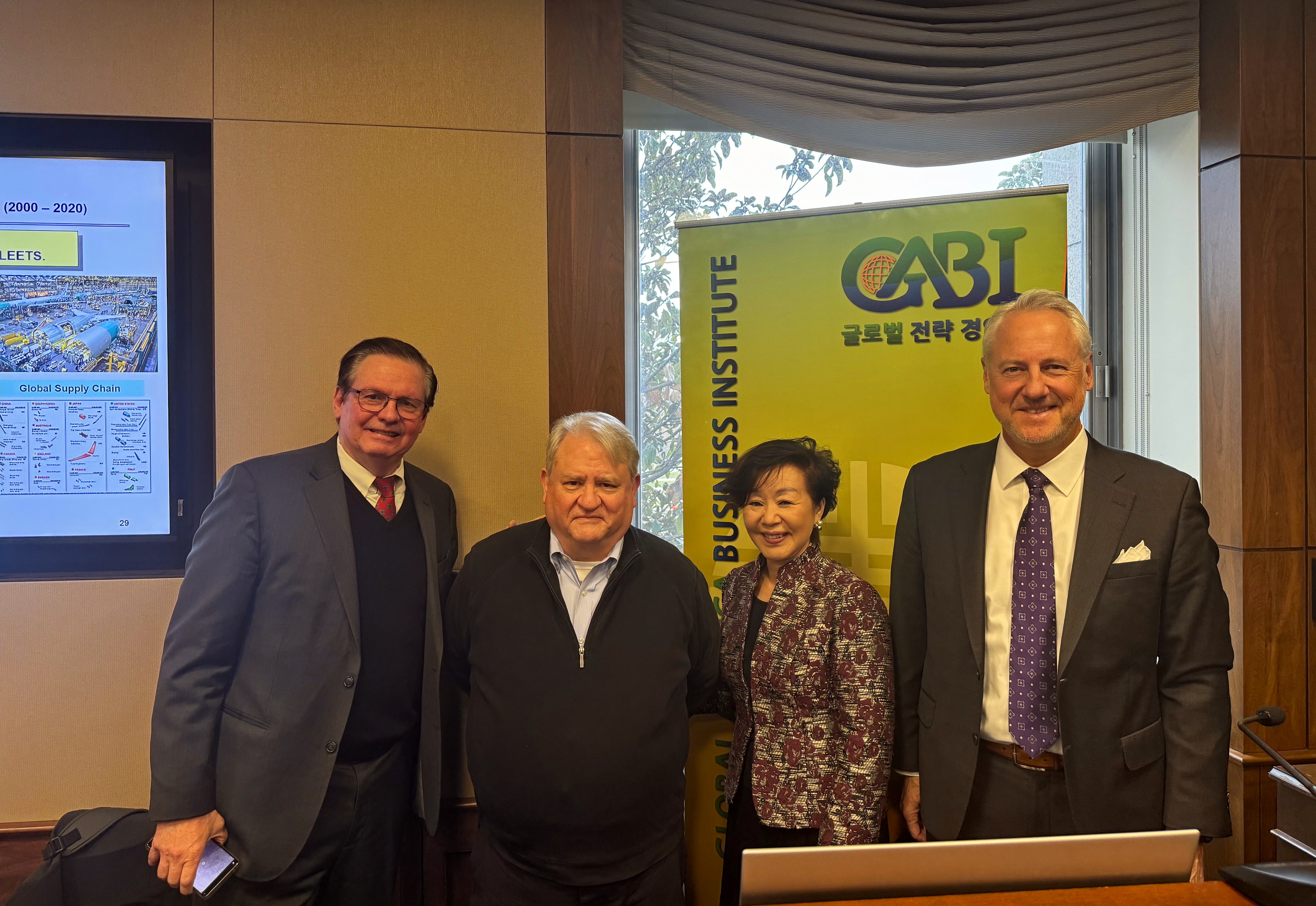Today, discussion about nuclear power has largely revolved around its value as an energy commodity.
However, while nuclear power can help to decouple growing global energy demand from growing
emissions, nuclear power also serves strategic U.S. national security and geopolitical objectives as the
international relationships formed from nuclear agreements and commerce last for many decades. Thus,
while much of the dialogue about civil nuclear policy, as well as related issues such as climate mitigation, in
the U.S. has been focused domestically, policymaking in these areas must be integrated into a
comprehensive foreign policy strategy. At the current trajectory, China will assume global leadership in
nuclear energy in terms of fleet size and installed capacity. In order to allow the US to retain its global
leadership in nuclear power, it is recommended that key steps be taken in a timely fashion. Such steps
could include a whole-of-government nuclear industrial base review, as well as the development of
international coalitions for risk sharing.







